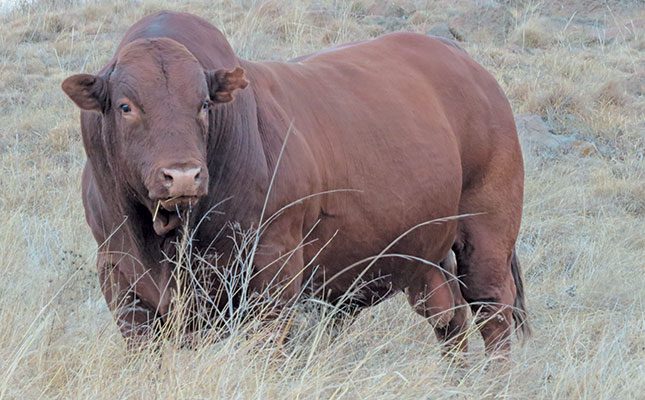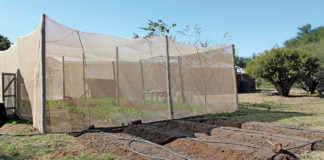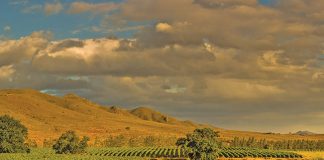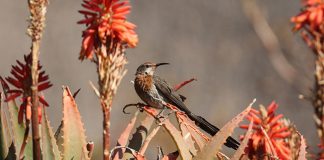
You can provide top-rate nutrition and follow every single animal health protocol, but if you farm poor-quality animals, you will always struggle to earn good money as a red-meat producer.
A poorly bred beef animal will not produce a good-quality carcass; it’s as simple as that. The first step towards achieving a good-quality carcass is to use a bull that provides good traits (characteristics) in their offspring, such as good growth rates, acceptable body conformation (shape), high fertility, and good temperament.
READ Genetics-based guidelines to buying a bull at an auction
Of course, there are other traits to consider too, such as resistance to disease. And if you farm in a very hot climate, you also need to think about the colour of the animal.
In other words, you should choose a breed type that is suited to your specific natural environment.
You also need to ensure that your breeding animals have sufficient grazing and water at all times.
Know the pedigree
Perhaps the most important rule about breeding is that you should not keep the young male animals you breed to use later as sires (breeding bulls). This is referred to as inbreeding (breeding with close relatives) and can result in a number of recessive or bad traits, such as slow growth rates and body deformities, being passed on to offspring.
This is one of the reasons it is so important to keep accuate records of the pedigree of all your animals.
READ Your one-stop guide to BLUP breeding values
Buying a good breeding bull can cost you a lot of money, but there are always opportunities to purchase young bulls or even older bulls from reputable breeders. These may be considerably cheaper than the animals they sell on their yearly auctions.
Another option is to organise a group of fellow farmers and pool your funds to buy a decent breeding bull. While the breed societies and even bull breeders may have differing ideas on what constitutes a good-quality bull, there are some basic and important traits you should look for, and questions you need to ask when buying a bull.
Amongst these are:
- What was the milk production capability of the bull’s dam?
- How fertile is the bull, and how fertile was his sire? You can have these traits tested.
- What were the calving weights, weaning weights, and so forth, of this bull’s bloodline?
Here are some important traits to consider:
Temperament: Try to choose a docile or calm animal, as temperament is a trait that is often passed on to offspring.
Size of the testes: At two years of age, a bull should have evenly shaped testes that do not hang too low or too high.
Legs: The hind legs should not be too straight or too curved. They should also be strong enough to support its weight when the bull mounts and dismounts a cow. None of the legs should have any swollen joints, and there should be a good gap between the front legs.
Back and body: The muscles running horizontally along the spine should be well
developed and the back should be as straight as possible, not arched or concave. The bull’s body should have good depth and length.
Masculinity: The bull should look masculine with a well-shaped (but not abnormally large head), with strong eyebrow ridges and strong neck muscles. The forequarters should be bulky and well-muscled. While beef-type bulls should have solid, rounded hindquarters (that look broad rather than narrow or pinched from behind), excessive or double-muscling is not a desirable trait. The penis sheath should not hang too low or be excessively hairy.
While breed types can differ considerably, you need to match your bull to your cows. If the cows are light (400kg or under), buy a bull weighing around 800kg or even slightly less.
Get the paperwork
If you are buying a bull that has already been used to mate cows, insist on a veterinarian’s certificate that indicates the bull is not infected with a sexually transmitted disease, which can be transmitted to your cows. A reputable bull breeder will give you all the medical records and fertility test results at the point of sale.
Shane Brody is involved in an outreach programme aimed at transferring skills to communal farmers.












